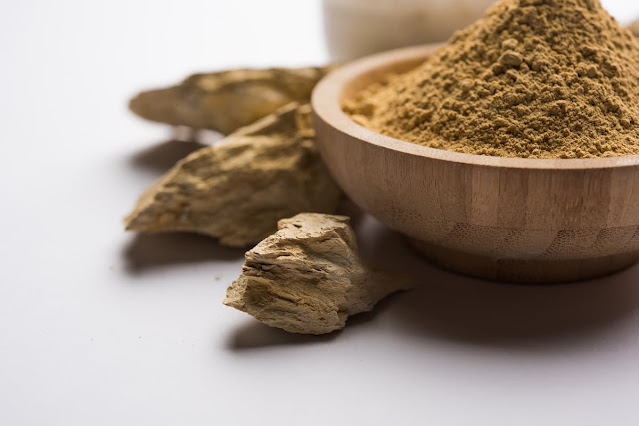Guidelines on using sunscreen for kids
Sunscreens are the essential skincare product without which we can't imagine our lives. To get protection from the harmful UVA and UVB rays of the sun, a broad-spectrum sunscreen is an important safeguard.
Everyone choose a good sunscreen according to their skin type and other required preferences. Some people prefer cream-based andother prefer gel-based according to their dry, oily, or sensitive skin type. Generally, a gel-based sunscreen found to the best option for oily and other skin types as well.
As these are lightweight and don't leave any tackiness after application. To know more about gel-based sunscreens, click here.
However, have you ever thought what the age restrictions for these skincare products are? Can these sun protectant formulations also wearable by kids and infants?
According to FDA guidelines, "Infants ages less than six months are exempted from the rule applying sunscreen."
Why no sunscreen for kids?
Babies' skin is not mature like an adult's skin. Also, the surface area to body weight ratio of infants is higher than children of older ages and adults. Due to these two factors, infants are at higher risk of chemical exposure and their associated side effects present the sunscreens.
So, what should be done?
According to the FDA, the following things needed to take care of to protect your infant from the harmful rays of the sun.
Sun protection tips for infants:
>>Try to keep your baby in shade as much as possible. In case no natural shade available, create the artificial shade by using a canopy of stroller or umbrella.
>>If not necessary, don't bring your infants in the sun, especially in the peak hours, when the ultraviolet rays are highly intense i.e. 10 a.m. to 2 p.m.
>>Make sure to dress babies in full and loose clothes along with brimmed hats so that your infant gets protected from the sun. Remember not to go for tight weave clothes or baseball caps for infants.
>>Take extra care of your infants in summer. Infants' sweat glands are not fully formed at that age and they hardly can sweat. That is why they respond to heat in a different way and can get overheated. Also, they get dehydrated very easily in summers. Therefore, take care of them while dressing them in long sleeve clothes.
>>Carefully watch the signs of sunburn or dehydration in your baby. These signs can be redness, fussiness, or crying in excess. In case, they get sunburn, provide them shade immediately, and apply cold compresses over the affected area.
>>Keep hydrating your children. Do breastfeeding. Don't let them deprive of water content to protect them from heat and sun.
>>Consult your pediatrician if you want any sun protection product for your baby. Also, for infants with age older than six months, consult a doctor before buying any sunscreen or check drug facts label.
These are some of the guidelines in the context of sunscreen for kids that every parent should follow to save their child from both sun and chemicals of the product.
To know more about sunscreen, you can click here!




Comments
Post a Comment